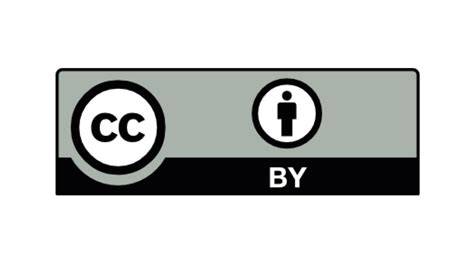
There are around 100 million persons with disabilities in Europe, yet only 51.3% are employed, compared to 75.6% of people without disabilities. Employment rates remain low, especially for women and young people with disabilities, despite decades of discussion and national support schemes.
Although most EU Member States offer grants or subsidies for workplace adaptation, reasonable accommodation remains one of the hardest rights to implement. Many persons with disabilities still face barriers in recruitment and daily work, even in companies that provide some adjustments.
InclusiVR@Work seeks to address this by using Virtual Reality to foster empathy and understanding. Through immersive experiences, it helps employers and HR managers build inclusive workplaces where all individuals feel valued, respected, and empowered to contribute their skills.
The primary objective of the InclusiVR@Work Project is to: "reduce the employability gap of people with disabilities in European workplaces by promoting understanding, empathy and reasonable accommodation". The InclusiVR@Work Project uses VR and simulations as a lens through which to experience narrative and deconstruct assumptions about disability through the creation of three new Disability Simulation (DS). Through these VR disability simulations we hope to modify attitudes regarding people with disabilities by placing people without disabilities, notably VET professionals and HR/Hiring Managers within companies, in guided situations that are designed for them to experience what it is like to have a disability. These simulations will also be used to raise disability inclusion and advocate for reasonable accommodation to ensure that people with disabilities have equal opportunities to enter, succeed and thrive in the workplace.
In order to achieve these objectives, we will produce the following concrete results:
These experiences will be designed to simulate 1. sensory, 2. physical and 3.intellectual disabilities.
The InclusiVR@Work Project stands out for its comprehensive approach to promoting disability inclusion in the workplace through a combination of immersive VR experiences, online education, stereotype deconstruction, CPD training for VET professionals, and advocacy for reasonable accommodation; all of which represent a significant innovation in VET in terms of its capacity to address the persistent and structural biases that exclude people with disabilities from having equal access to the labour market. We are working directly with VET professionals and HR managers, so that they will become advocates for disability inclusion in their organisations.


